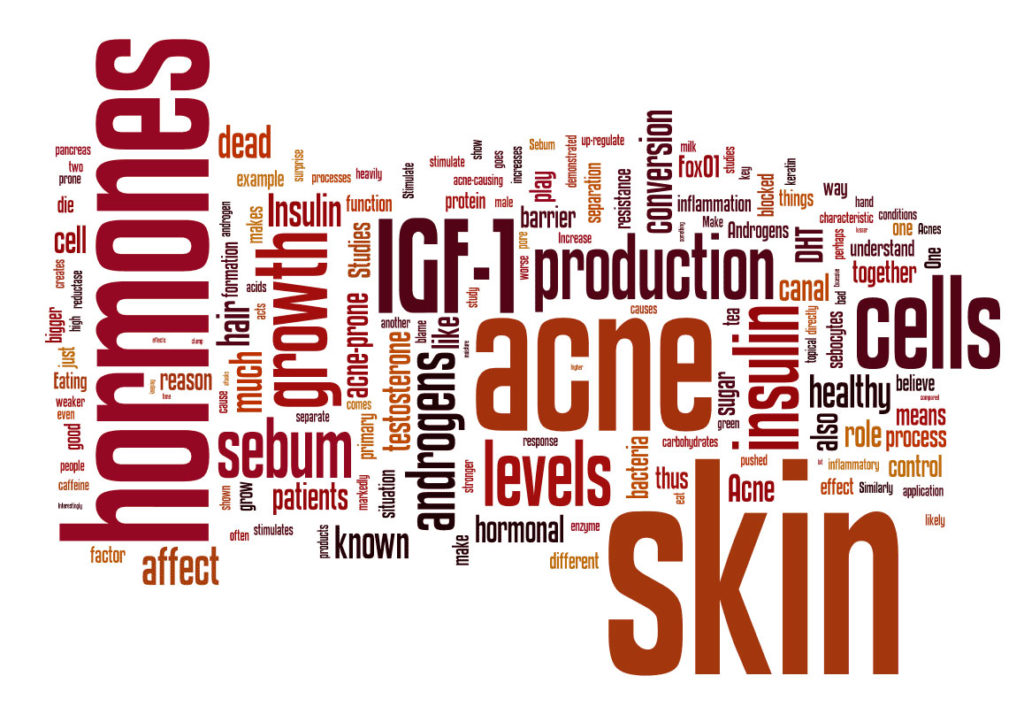As a functional medicine practitioner, I understand the importance of maintaining a healthy gut microbiome for overall well-being. A colonoscopy is a vital procedure for detecting colon abnormalities, but it can temporarily disrupt the delicate balance of our gut bacteria. In this article, we will explore the reasons why rebuilding healthy gut bacteria after a colonoscopy is crucial and how we can achieve optimal gut health through the use of probiotics, prebiotics, and other natural methods.
The Impact of Colonoscopy on Gut Flora
During a colonoscopy, the bowel needs to be thoroughly emptied to allow for a clear view of the colon lining. This process often involves using laxatives, which can disrupt the balance of our gut microbiome. The microbiome, comprising trillions of beneficial bacteria, plays a vital role in digestion, immune function, and overall health.
The use of laxatives can lead to a temporary reduction in beneficial bacteria such as Lactobacillus plantarum and an increase in potentially harmful bacteria. This imbalance may resemble the microbiome of individuals with chronic inflammatory bowel disease or irritable bowel syndrome. Therefore, it is essential to take proactive measures to rebuild and restore a healthy gut microbiome after a colonoscopy.
Understanding the Gut Microbiome
Before delving into the strategies for rebuilding healthy gut bacteria, let’s explore the intricate world of the gut microbiome. Our gut is home to over 400 different species of bacteria that form a complex ecosystem. These bacteria work symbiotically with our bodies, aiding digestion, producing essential vitamins, and supporting our immune system.
A diverse and balanced gut microbiome is crucial for maintaining optimal health. When the balance is disrupted, it can lead to various health issues such as digestive disorders, weakened immunity, and even mood health concerns due to the gut-brain axis. Therefore, it is essential to prioritise the restoration of a healthy gut microbiome after a colonoscopy.
The Role of Probiotics in Rebuilding Gut Bacteria
Probiotics are live microorganisms that provide numerous health benefits when consumed in adequate amounts. These beneficial bacteria can help restore the balance of gut flora after a colonoscopy. Probiotics work by colonising the intestines and suppressing the growth of harmful bacteria.
Yoghurt and kefir are excellent sources of probiotics and can be included in your diet after a colonoscopy. Look for products that contain billions of live cultures to ensure maximum benefit. Additionally, taking a probiotic supplement in the morning on an empty stomach can help replenish beneficial gut bacteria.
Prebiotics: Nourishing Your Gut Microbiome
While probiotics are the stars of the show, prebiotics play a crucial supporting role in rebuilding healthy gut bacteria. Prebiotics are non-digestible fibres that serve as food for the beneficial bacteria in our gut. By consuming prebiotic-rich foods, we can promote the growth and activity of these beneficial bacteria.
Fruits, vegetables, oats, and whole grains are excellent sources of prebiotics. Including these foods in your diet after a colonoscopy can provide the necessary fuel for the growth of beneficial gut bacteria. It is important to note that prebiotics and probiotics work synergistically, so incorporating both into your post-colonoscopy routine is highly beneficial.
The Power of a Balanced Diet
In addition to probiotics and prebiotics, maintaining a balanced diet is paramount for rebuilding healthy gut bacteria after a colonoscopy. Choosing foods low in processed sugars, unhealthy fats, and artificial additives is key to promoting a thriving gut microbiome.
Include a variety of nutrient-dense foods such as lean proteins, whole grains, fruits, and vegetables in your meals. These foods provide essential vitamins, minerals, and antioxidants that support gut health. Avoiding processed foods, alcohol, and high fructose corn syrup for several days after a colonoscopy can help prevent the growth of harmful organisms that compete with beneficial gut flora.
The Importance of Hydration
Hydration plays a vital role in maintaining a healthy gut microbiome. Drinking an adequate amount of water helps prevent constipation and supports the overall function of the digestive system. It is especially crucial after a colonoscopy when the body may be dehydrated due to the bowel cleansing process.
Make sure to drink plenty of water throughout the day and limit the consumption of sugary beverages. Staying hydrated not only aids in rebuilding healthy gut bacteria but also promotes overall well-being.
Mindful Eating for Gut Health
Incorporating mindful eating practices can have a profound impact on gut health. Slow down, chew your food thoroughly, and savour each bite. This aids in proper digestion and allows your body to absorb nutrients effectively.
Furthermore, practising stress-reducing techniques, such as deep breathing or meditation, can help regulate gut function. Stress has a profound impact on the gut microbiome, so finding ways to manage stress is essential for rebuilding healthy gut bacteria after a colonoscopy.
Other Natural Methods for Gut Health
In addition to probiotics, prebiotics, a balanced diet, hydration, and mindful eating, other natural methods can support gut health after a colonoscopy. These include:
- Exercise: Regular physical activity promotes healthy digestion and supports a diverse gut microbiome.
- Fibre-rich Foods: Incorporating fibre-rich foods such as legumes, nuts, and seeds into your diet can provide additional nourishment for beneficial gut bacteria.
- Reducing Antibiotic Use: Whenever possible, avoid unnecessary antibiotic use as it can disrupt the delicate balance of gut bacteria.
- Reducing Stress: Chronic stress negatively impacts gut health. Engage in stress-reducing activities such as yoga, meditation, or spending time in nature.
Rebuilding healthy gut bacteria after a colonoscopy is vital for maintaining optimal gut health and overall well-being. By incorporating probiotics, prebiotics, a balanced diet, hydration, mindful eating, and other natural methods, we can restore the delicate balance of our gut microbiome. Prioritising gut health not only aids in digestion but also supports a robust immune system and promotes mental well-being. Remember, a healthy gut is the foundation of a healthy life.




